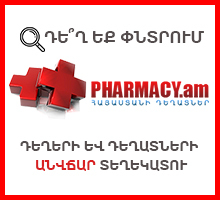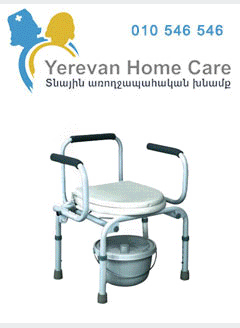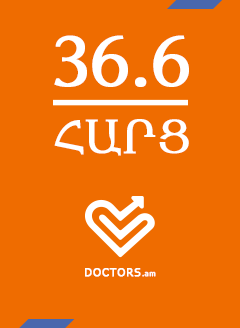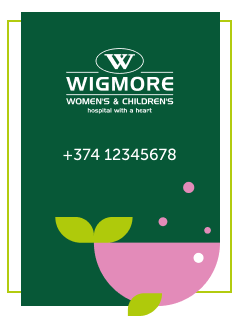E. coli enteritis (alt. naes Traveler's diarrhea - E. coli; Food poisoning - E. coli; E. coli diarrhea; Hamburger disease) is swelling (inflammation) of the small intestine from Escherichia coli (E. coli) bacteria. It is the most common cause of travelers' diarrhea.
Causes
E. coli is a type of bacteria that normally lives in the intestines of humans and animals without causing any problems. However, certain types (or strains) of E. coli can cause food poisoning. One strain (E. coli O157:H7) can cause a severe case of food poisoning.
Bacteria may get into your food in different ways:
Meat or poultry may come into contact with normal bacteria from the intestines of an animal while it is being processed
Water used during growing or shipping may contain animal or human waste
Unsafe food handling or preparation in grocery stores, restaurants, or homes
Food poisoning often occurs from eating or drinking:
Any food prepared by someone who did not wash their hands properly
Any food prepared using unclean cooking utensils, cutting boards, or other tools
Dairy products or food containing mayonnaise (such as coleslaw or potato salad) that have been out of the refrigerator too long
Frozen or refrigerated foods that are not stored at the proper temperature or are not reheated properly
Raw fish or oysters
Raw fruits or vegetables that have not been washed well
Raw vegetable or fruit juices and dairy products
Undercooked meats or eggs
Water from a well or stream, or city or town water that has not been treated
Although not common, E. coli can be spread from one person to another. This may happen when someone does not wash his or her hands after a bowel movement and then touches other objects or someone else's hands.
Symptoms
Symptoms occur when E. coli bacteria enter the intestine. The time between being infected and developing symptoms is usually 24 - 72 hours.
Diarrhea that is sudden, severe, and often bloody is the most common symptom.
Other symptoms may include:
Fever
Gas
Loss of appetite
Stomach cramping
Vomiting (rare)
Symptoms of a rare but severe E. coli infection include:
Bruises that happen easily
Pale skin
Red or bloody urine
Reduced amount of urine
Treatment
You will usually recover from the most common types of E. coli infection within a couple of days. The goal of treatment is to make you feel better and avoid dehydration.
Getting enough fluids and learning what to eat will help keep you or your child comfortable. You may need to:
Manage the diarrhea
Control nausea and vomiting
Get plenty of rest
If you have diarrhea or vomiting and cannot drink or keep enough fluids in your body, you may need fluids given through a vein (IV). You will need to go to your health care provider's office or the emergency room.
If you take diuretics ("water pills"), talk to your health care provider. You may need to stop taking the diuretic while you have diarrhea. Never stop or change medications without first talking to your health care provider.
You can buy medicines at the drugstore that can help stop or slow diarrhea. Do not use these medicines without talking to your health care provider if you have bloody diarrhea or a fever. Do not give these medicines to children.












